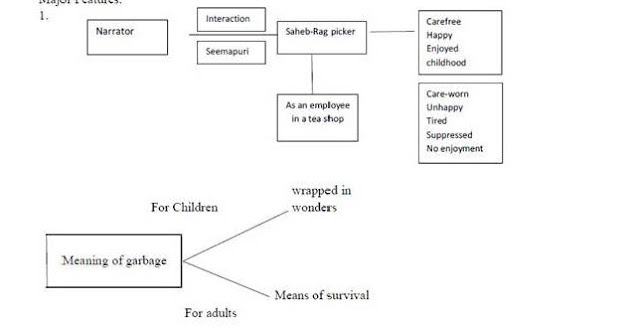The Last Lesson (Intro)
About the Author:
 Alphonse Daudet was a French novelist and short-story writer. Formerly, a schoolteacher, he quit it to make a living as a journalist in Paris. He took to writing, his poems collected into a volume called “Les Amoureuses”, now remembered chiefly as the author of sentimental tales of provincial life in the south of France.
Alphonse Daudet was a French novelist and short-story writer. Formerly, a schoolteacher, he quit it to make a living as a journalist in Paris. He took to writing, his poems collected into a volume called “Les Amoureuses”, now remembered chiefly as the author of sentimental tales of provincial life in the south of France. The themes of patriotism, freedom of language, and the love for one’s mother tongue are predominant in the story. The people of Alsace and Lorraine was denied the freedom to learn their own language by the Prussians. This story reflects upon the arrogance of the colonizer to forcibly take away the rights of those who are colonized. “The last lesson” stresses the importance of education and the necessity to respect and learn one’s own language. This story draws our attention to the unfair practice of linguistic chauvinism. It refers to an unreasonable pride in one’s own language while disregarding all the other languages as inferior.
The people living in the regions of Alsace and Lorraine are the victims of this aggressive concept of linguistic chauvinism. They are forcibly made to learn German. In this story, the author brings into the limelight the oppression of the majority. This story also makes a universal appeal as it highlights our tendency to value things more when we no longer have access to them. When French was taught in the school, Franz and the likes of him did not take it seriously. The parents also preferred to see their kids working and earning for the family rather than learning French. It is only when they are denied the freedom of knowing their own language, they realize how sorry they are for not paying enough attention to the French lessons and how unfairly they are being treated. The sense of loss is suggested with the mention of the Prussians drilling their land. There is a sense of helplessness that runs throughout the poem. Franz feels guilty for not learning his French lessons properly. M. Hamel feels guilty about not being able to impart all his knowledge to his students. The sense of defeat is evident in his tone which is usually strict and cranky but today he was gentle, quiet, and motionless.

